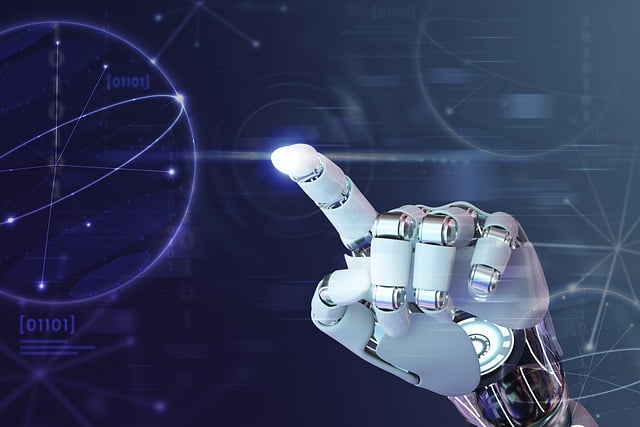It sounds cold, mechanical, lifeless. But the latest wave of autonomous AI agents? They feel anything but robotic. They don’t just follow instructions,they interpret goals, adapt to what’s happening around them, and sometimes even catch their creators off guard. For businesses chasing scalability and resilience, these systems are starting to look like the missing link between strategy and smooth execution.
The new colleagues that never sleep
Traditional RPA ran on scripts and rigid workflows. AI agents for business work differently. They use reasoning, memory, and live data to make calls on the fly. A 2024 McKinsey study found that companies using intelligent automation in finance, supply chains, and HR cut operational costs by up to 40% while speeding up decision-making. These aren’t just software tools, they act more like digital teammates handling negotiations, scheduling, reporting, even customer conversations.
In finance, AI agents already tackle complex work: portfolio rebalancing, spotting anomalies, compliance audits. JPMorgan uses autonomous models to catch fraudulent transactions faster than any manual process ever could. The interesting bit? These systems keep learning from every false alarm they trip over.
Beyond efficiency: Learning to orchestrate
Autonomy isn’t about replacing people. It’s about orchestrating work across humans and machines. When multiple AI agents team up (one handling procurement, another logistics, another customer insights) it starts to resemble a digital symphony. Amazon’s logistics network is the textbook example: autonomous systems juggle inventory routes in real time, shaving delivery windows not by luck but through constant self-tuning.
Businesses investing in custom AI agent development are finding unexpected flexibility. Instead of buying generic automation platforms, they’re building domain-specific agents tailored to their own data, culture, and decision-making logic. That kind of personalization unlocks something traditional business process automation never could: context-aware operations that actually “get it.”
What’s next for intelligent automation
The future won’t be about replacing employees, it’ll be about expanding what they can handle. Think of it as a shift from repetitive execution to cognitive delegation. Analysts predict that by 2030, over half of routine corporate functions (financial forecasting, recruitment, risk assessment) will be executed or co-piloted by autonomous AI agents.
Of course, it doesn’t work for everyone. Companies treating AI adoption like a plug-and-play solution often walk away disappointed. The magic happens when you bake in data governance, model transparency, and human oversight from the start.
Still, the direction is clear: autonomous agents aren’t experimental toys from research labs anymore. They’re becoming the quiet architects of operational efficiency, reshaping how organizations think, decide, and scale. Whether in finance, logistics, or HR, these intelligent collaborators are quietly writing the next chapter of business evolution, one decision loop at a time.











Leave a Reply